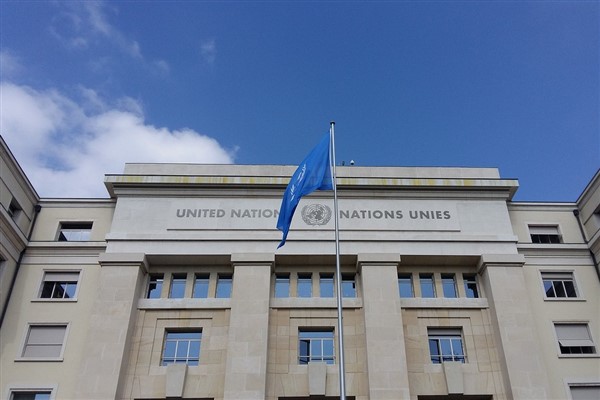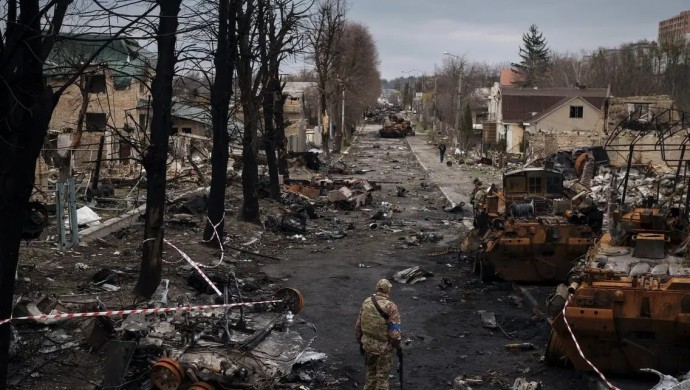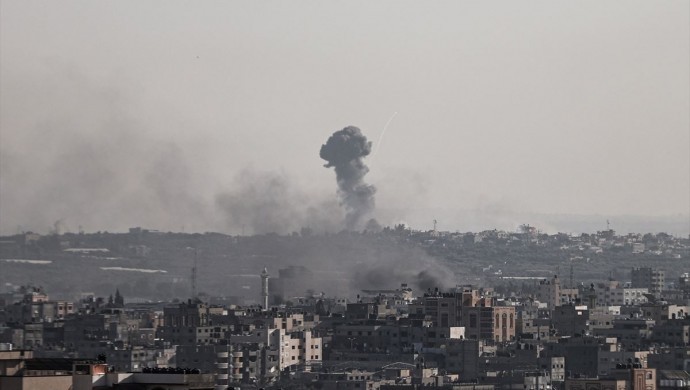According to the data announced by the Istanbul Chamber of Industry (ISO) and S&P Global; Manufacturing PMI fell to 49.2 from 49.4 in April. The latest data showed that the downward trend since December has continued and the index has been in the contraction zone for the second month in a row. While price pressures continue to be high due to tensions between Russia and Ukraine, a slowdown in production and new orders is revealed due to insufficient demand. While the delivery times of the suppliers have been extended due to the supply problems experienced in the axis of the last Russia-Ukraine war, the depreciation of the TRY affects the input inflation and the final goods inflation upwards.
If we look at the details of the PMI data; The war in Ukraine and price increases negatively affected production as factors suppressing customer demand. In addition to the decrease in total new orders, new orders from abroad also lost momentum and slowed down for the first time since January. With widespread difficulties in accessing raw materials, suppliers' delivery times were extended. Difficulties in procurement of materials, increasing costs and fragile demand were effective in the decrease in input and final product stocks and purchasing activities in April. The increase in employment for the 23rd consecutive month in order to expand the operational capacities of companies stood out as the relatively positive aspect of the survey. Employment growth is moderate, but slightly higher than in March.
Cost pressures remained strong in April. However, input price inflation fell for the fourth month in a row, recording its lowest level since September last year. The depreciation of the Turkish lira and the war in Ukraine increased the cost burdens, while oil, natural gas and shipping prices rose. As a result, manufacturers had to significantly increase their final product prices.
As a result; In terms of growth rate, it can be considered as a data pointing to the downside risk, especially in the context of the decreasing contribution of exports and production. While price pressures increase production costs, especially from the commodity and energy channel, energy supply deficits that occur with the war and sanctions in Ukraine can add to external price shocks. On the other hand, the negative impact of disruption in the supply chain may underline the difficulties in supplying materials and cause a slowdown in production activities.
Kaynak Tera Yatırım
Hibya Haber Ajansı
























